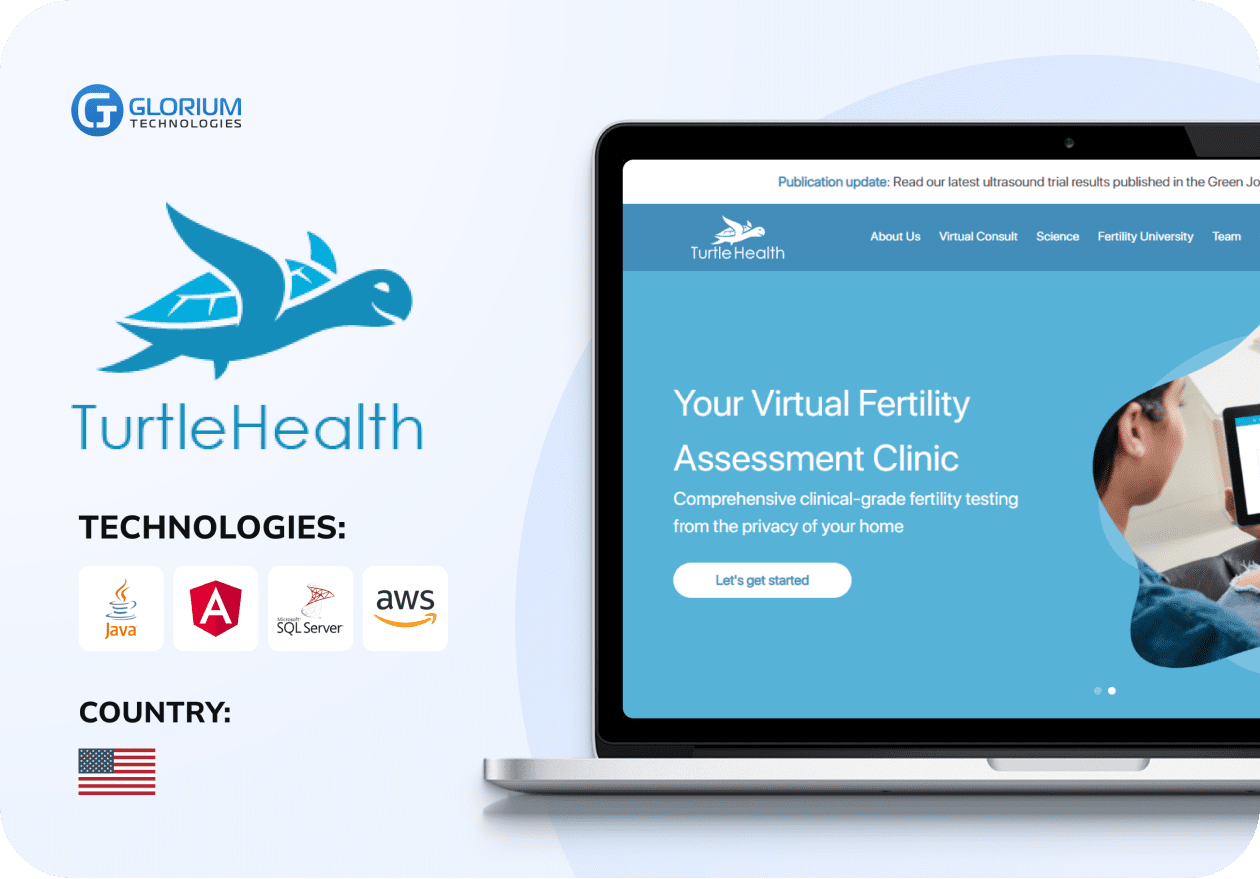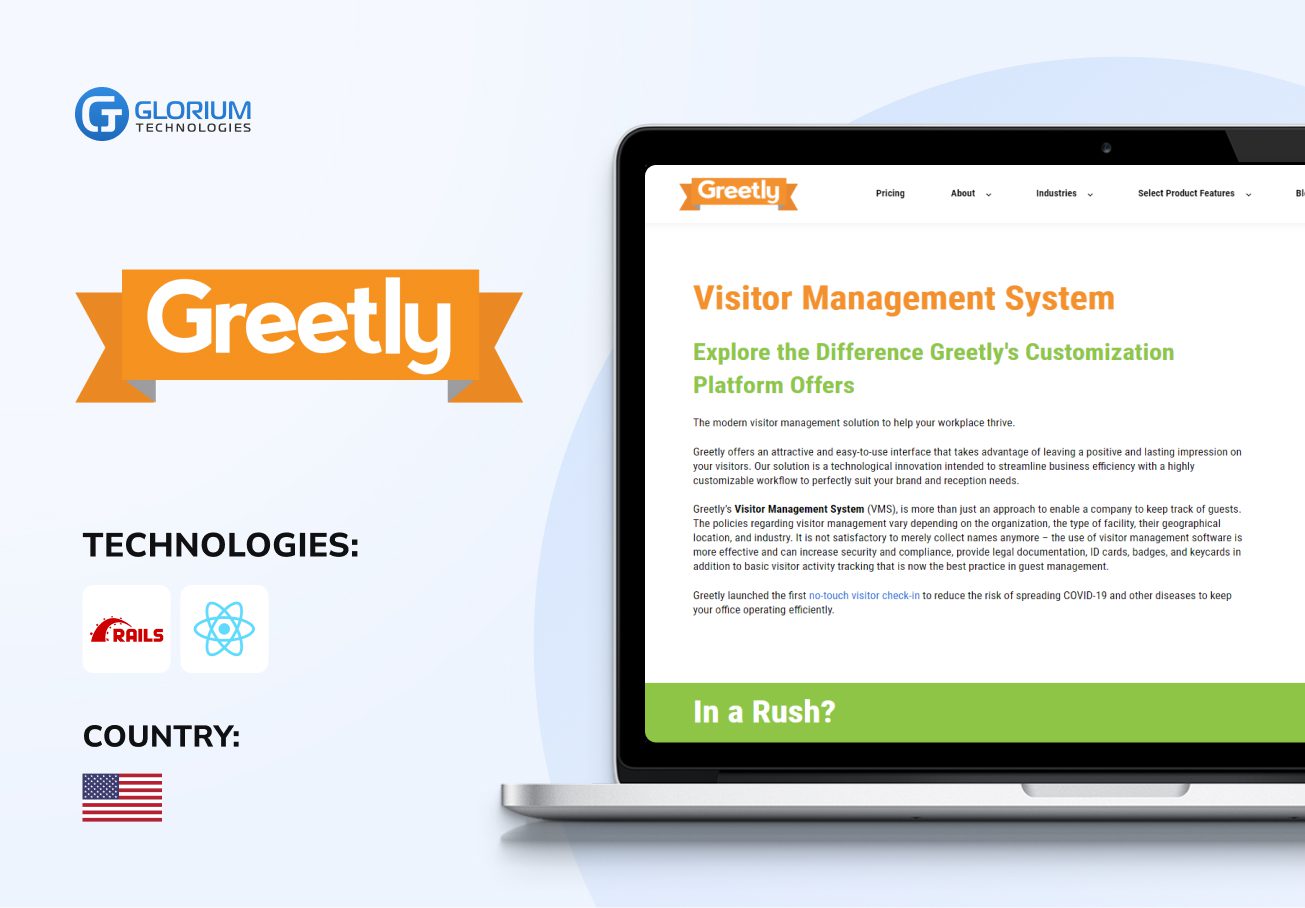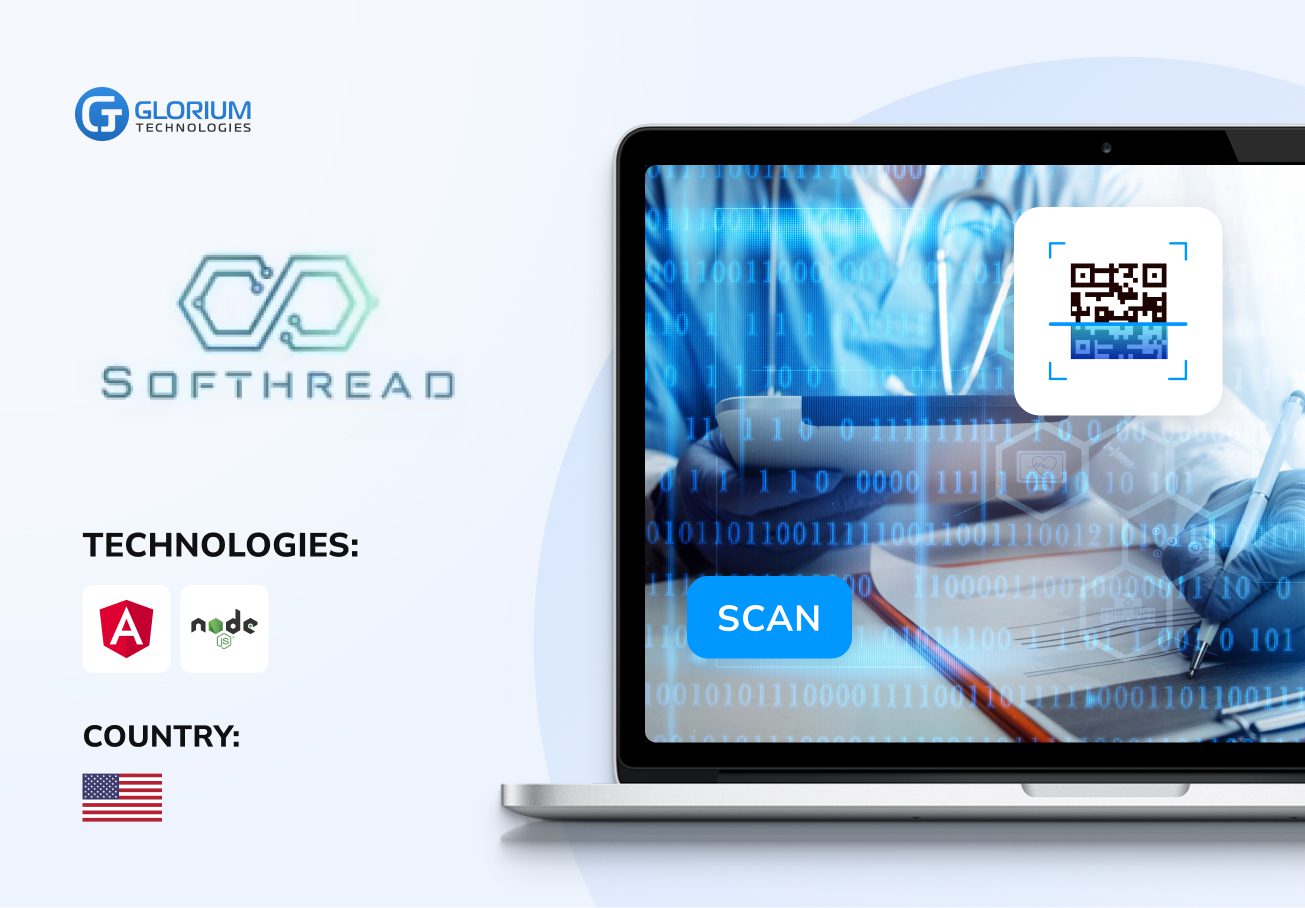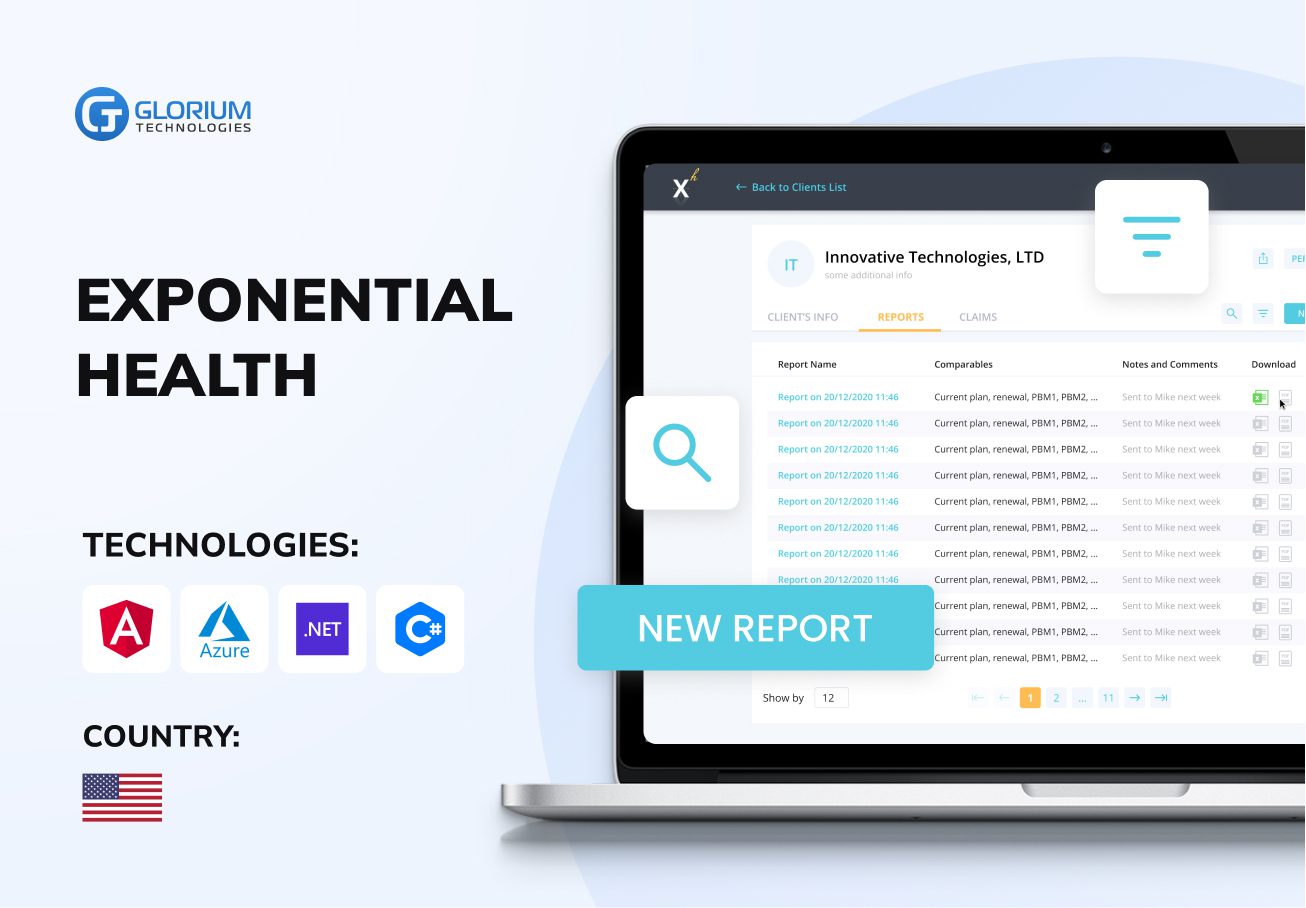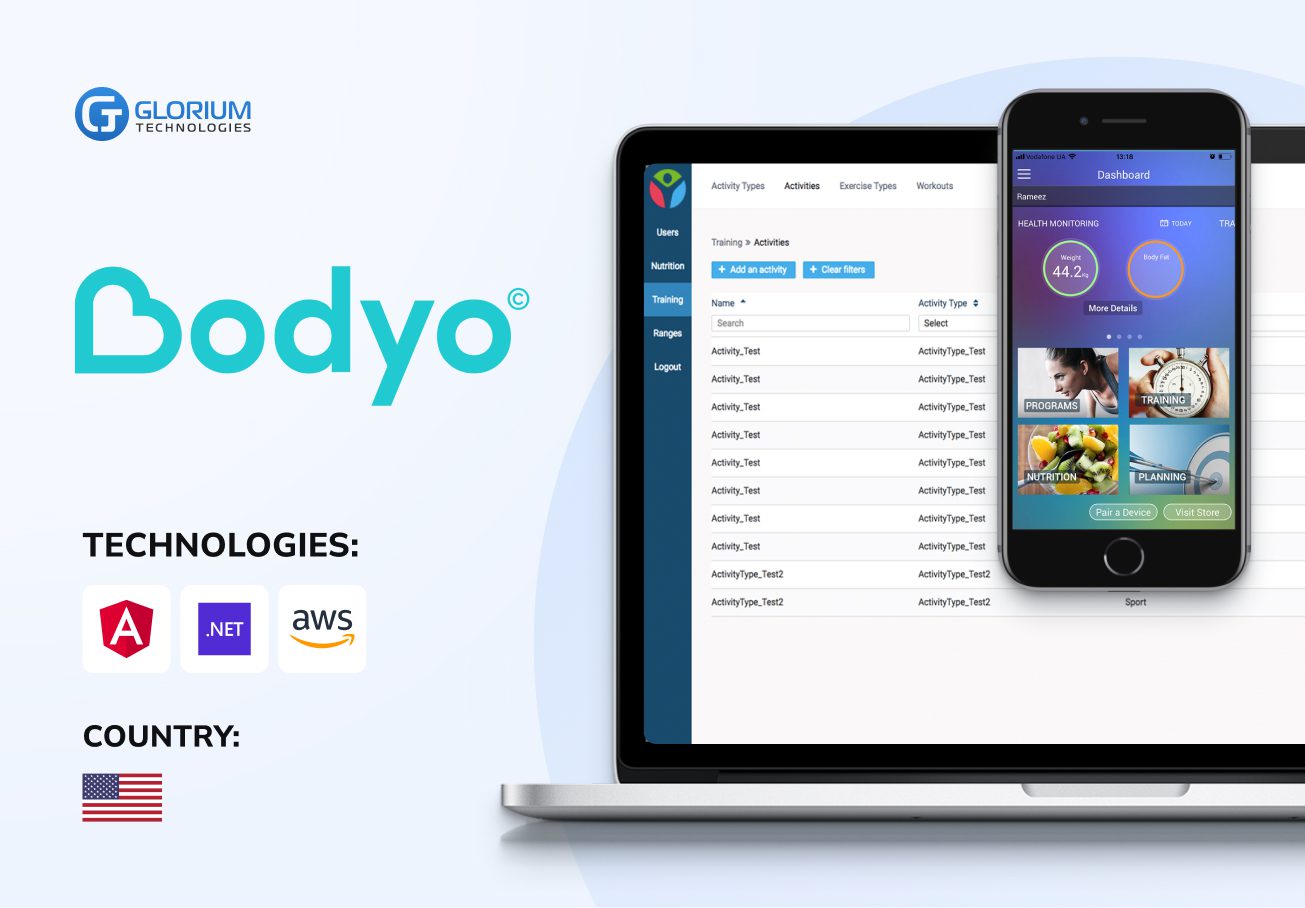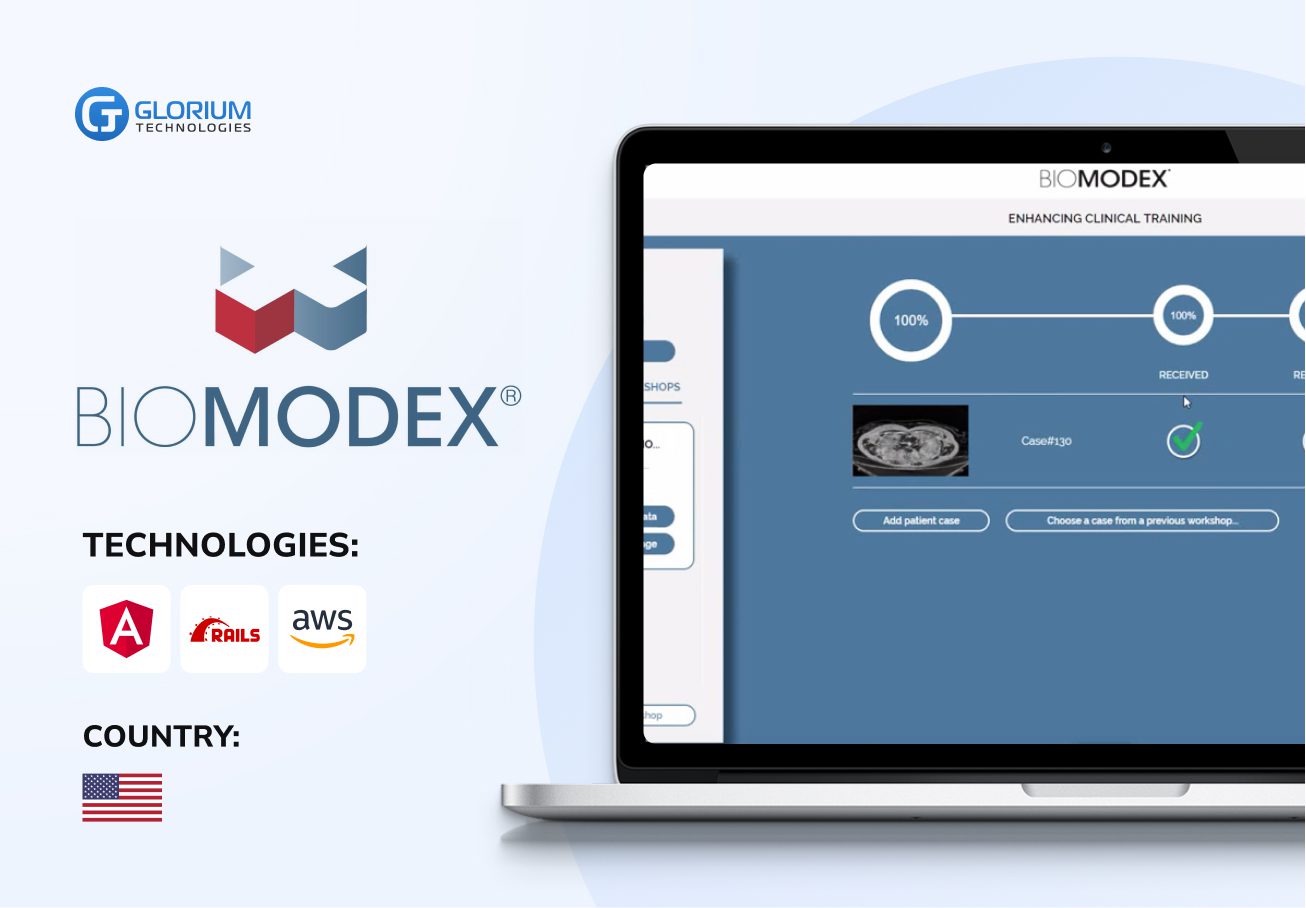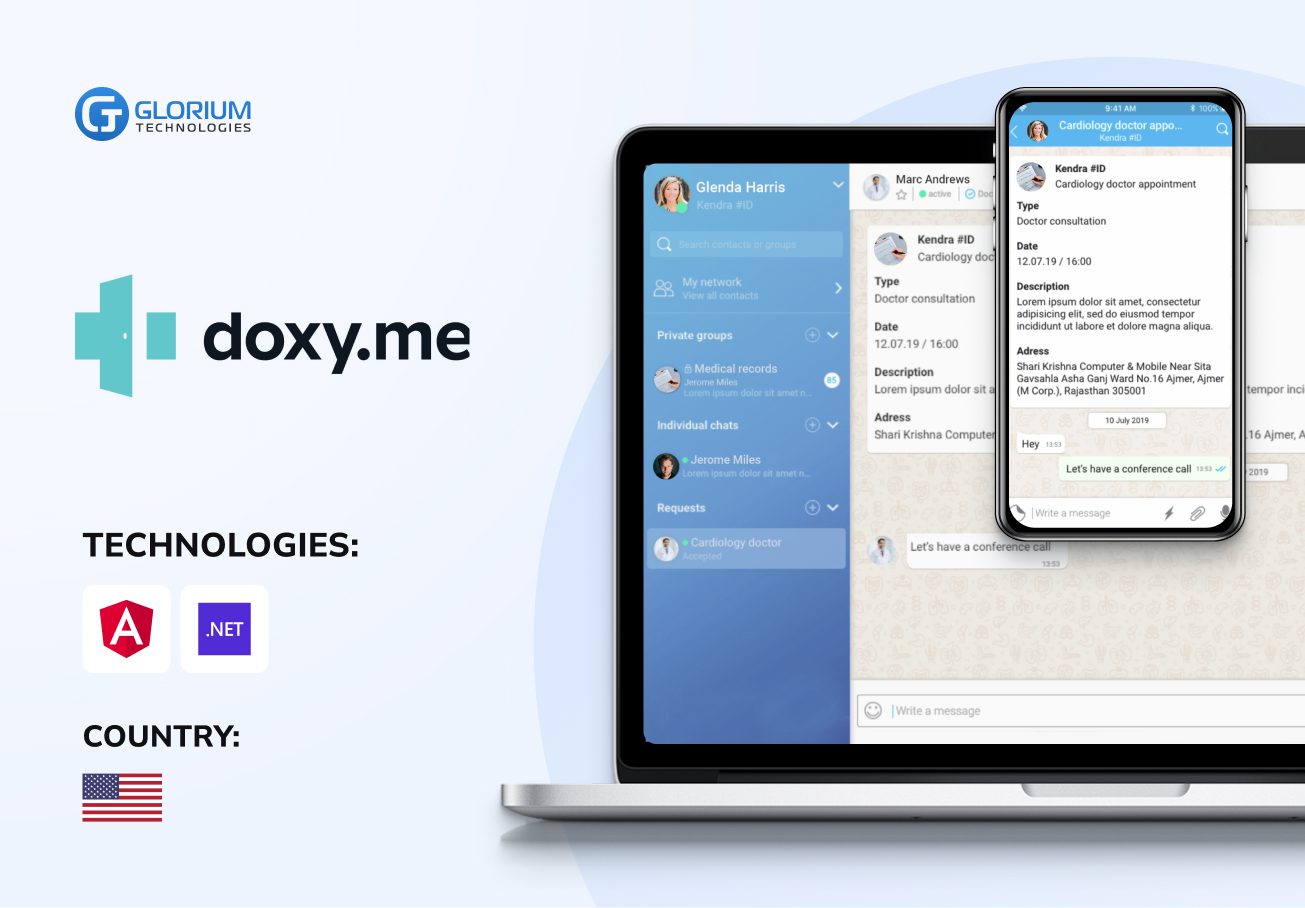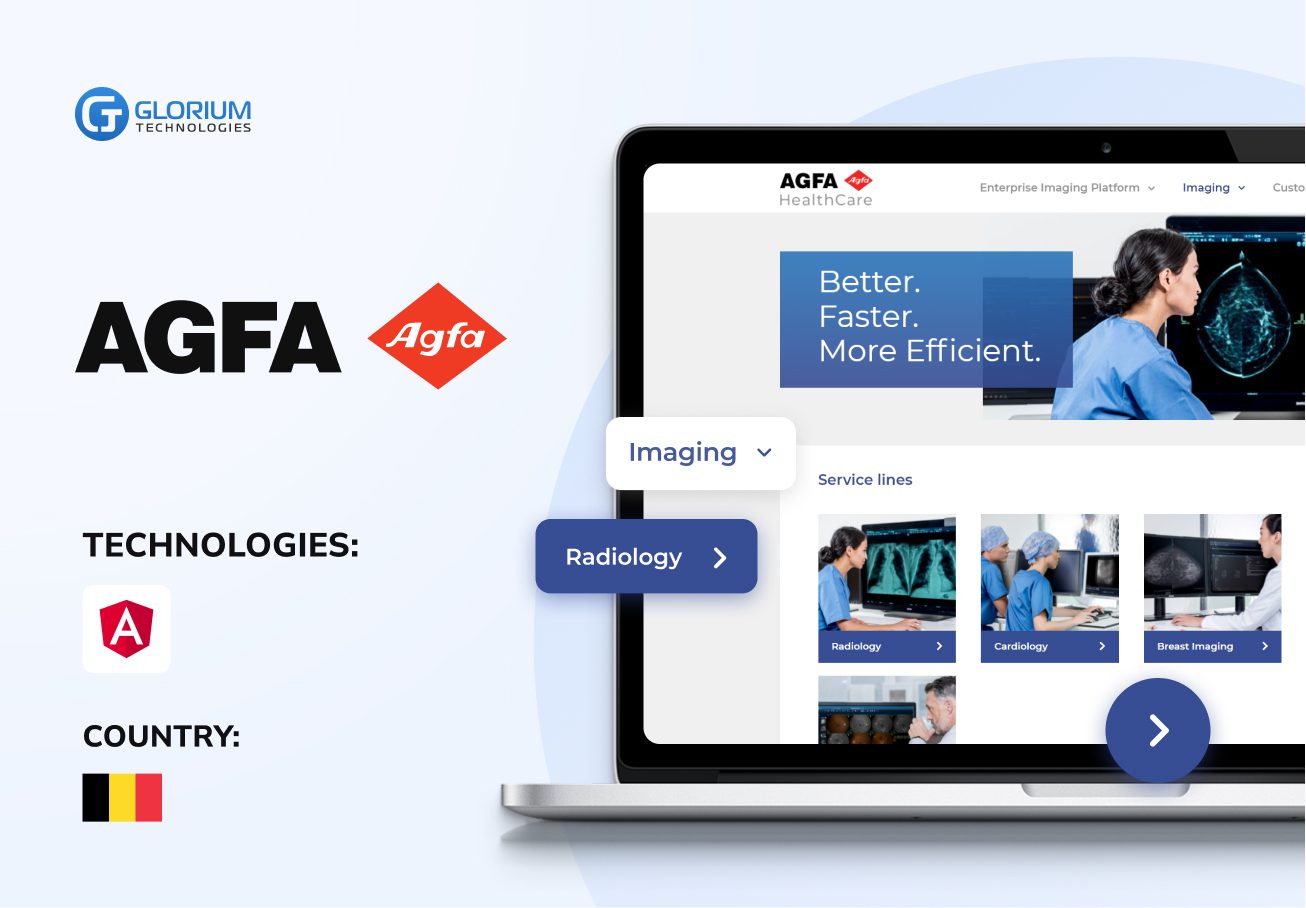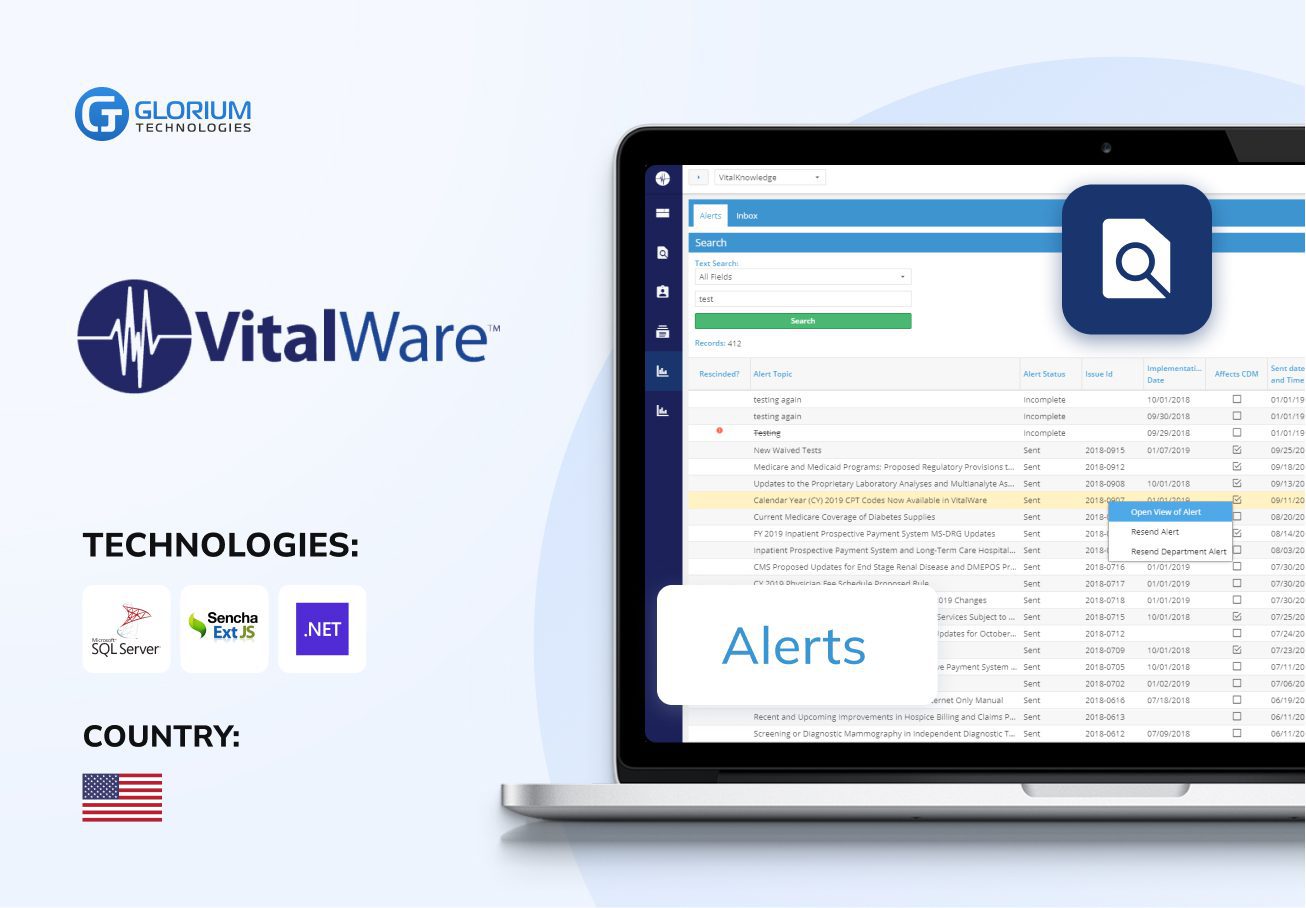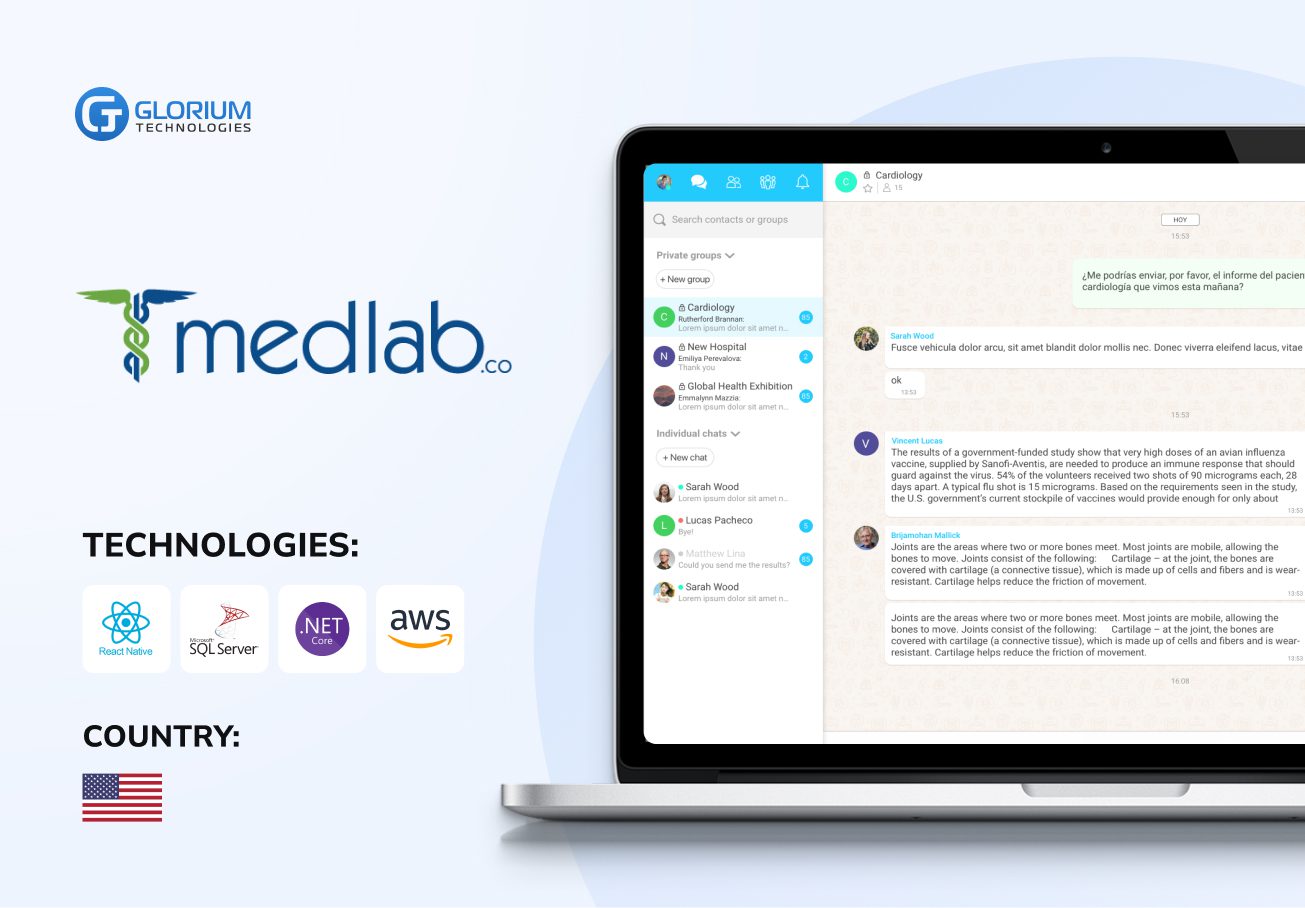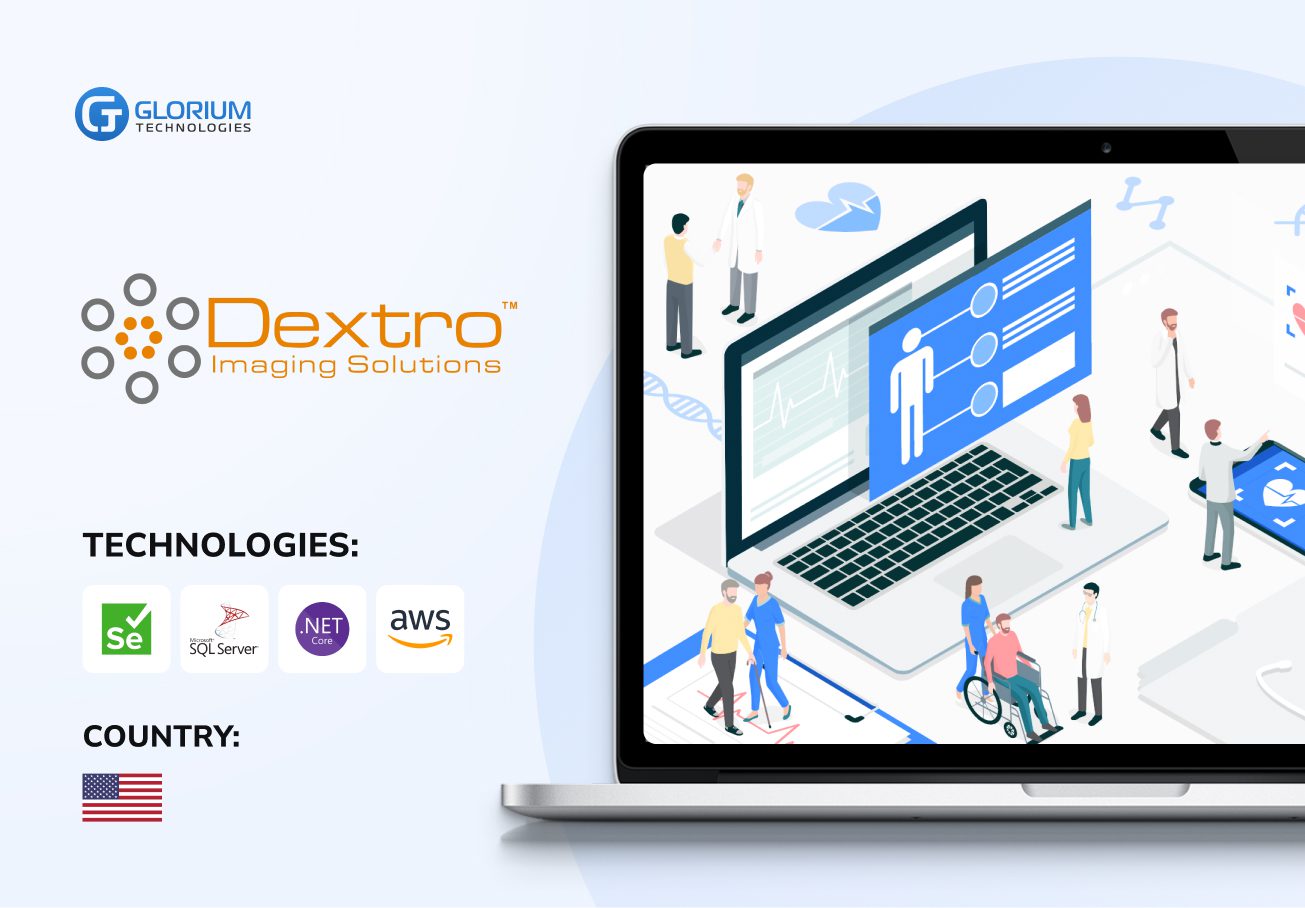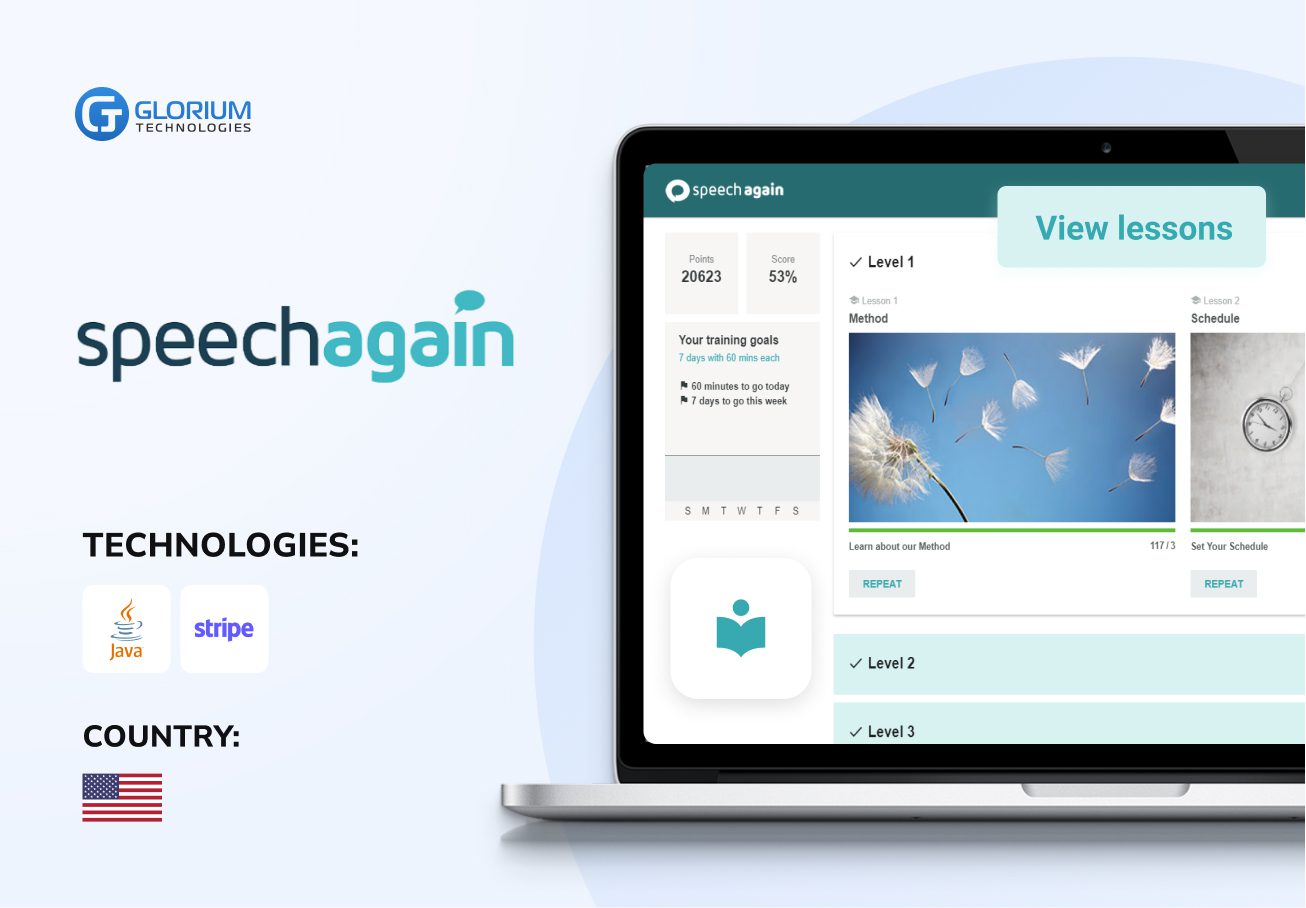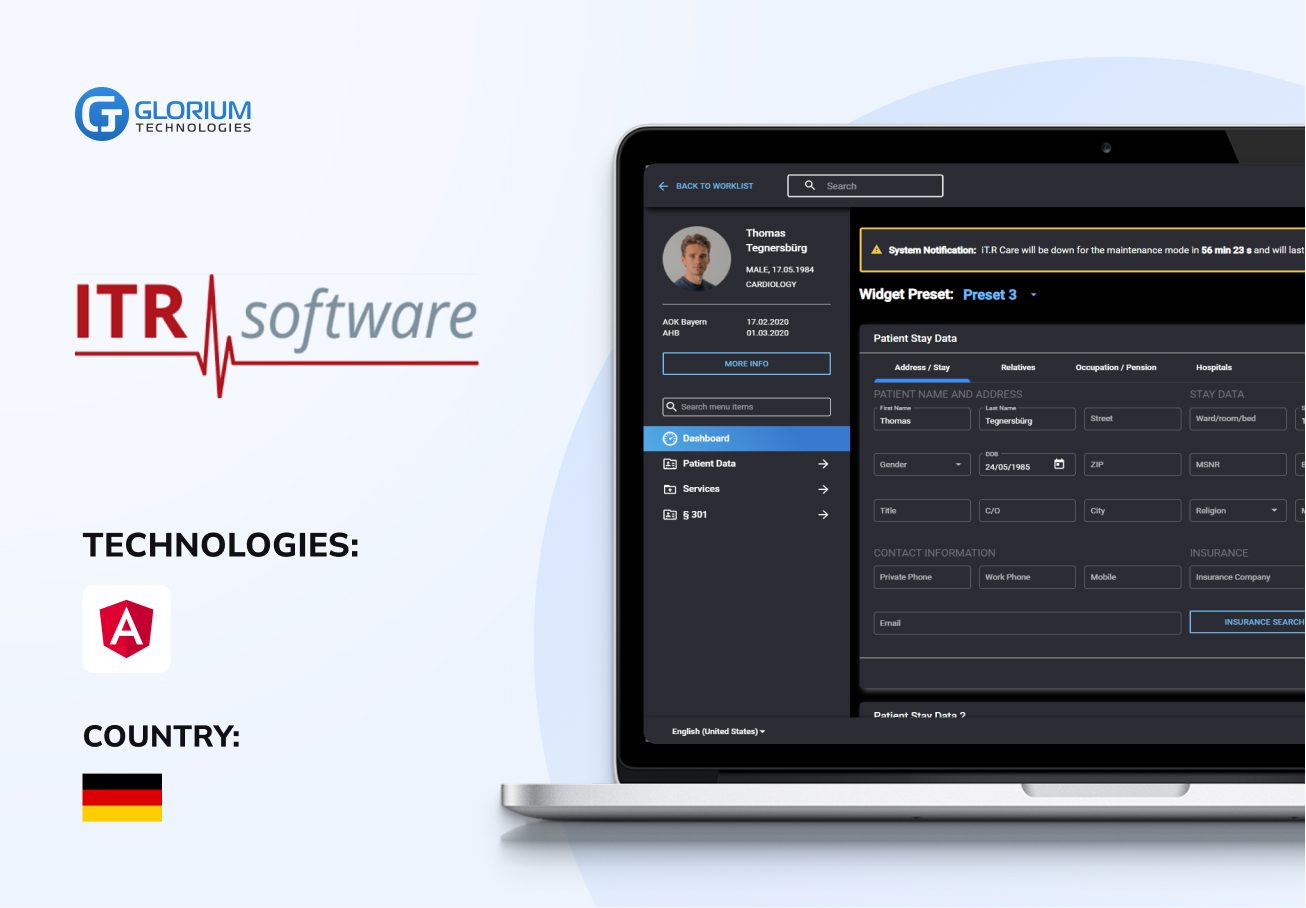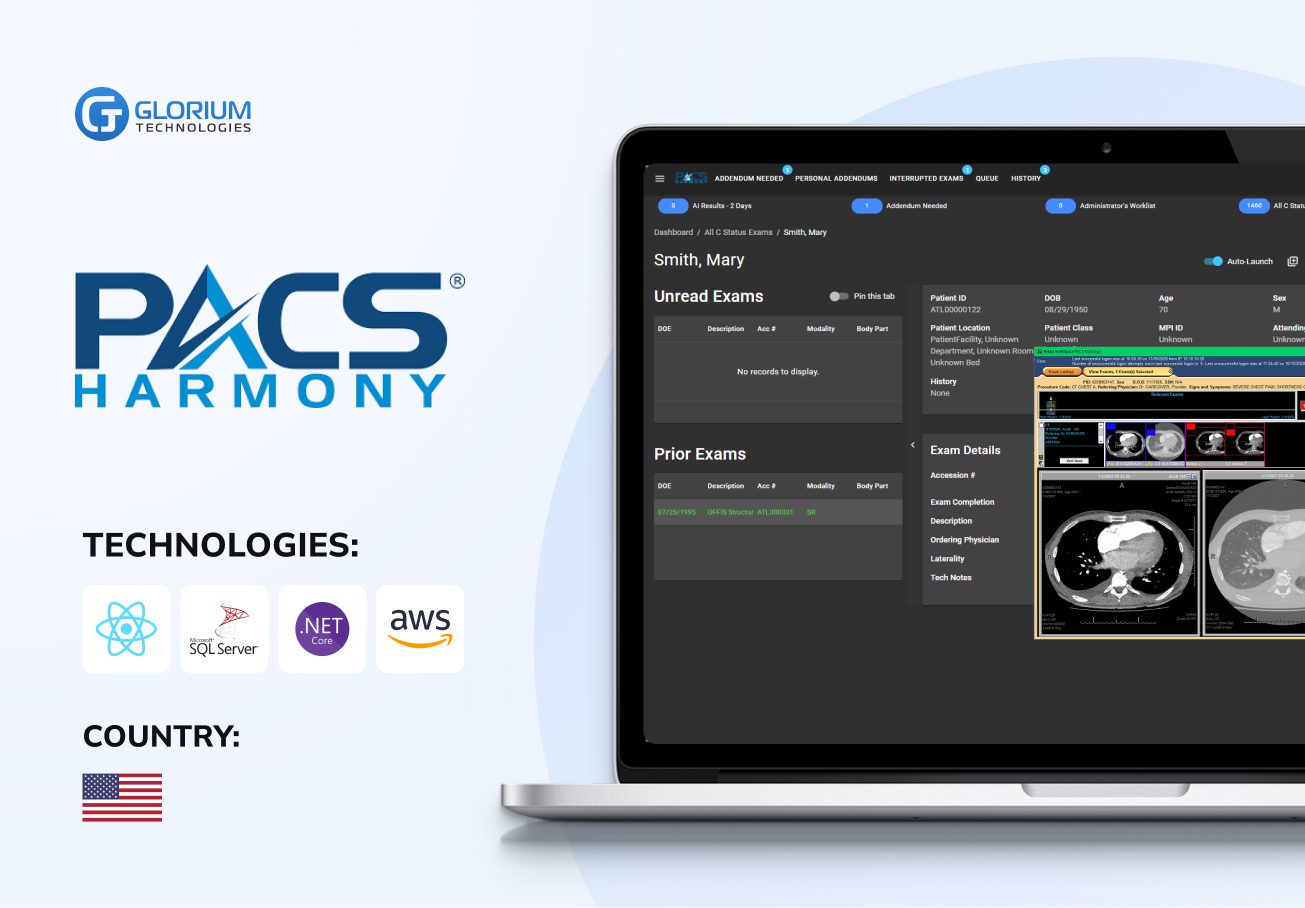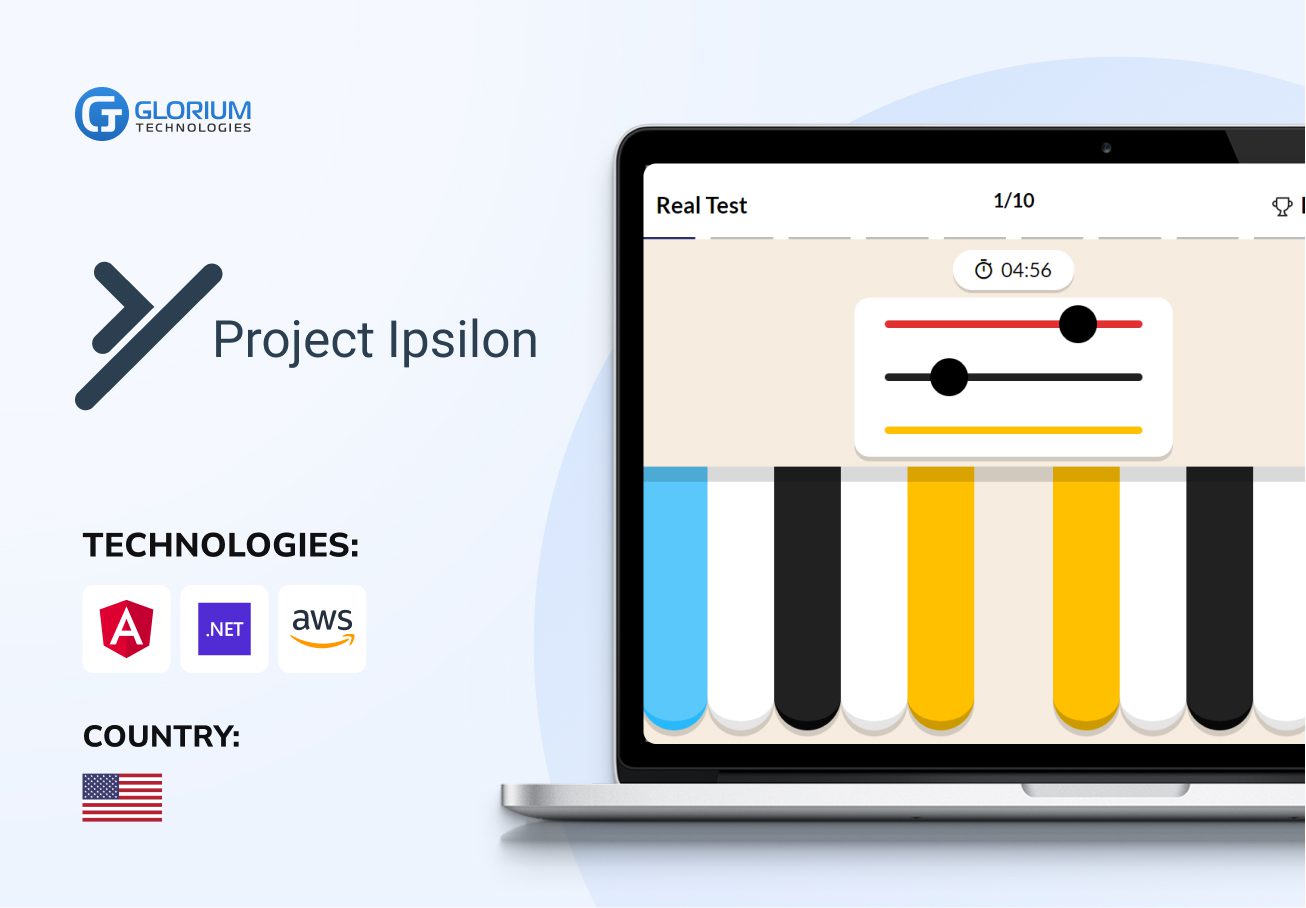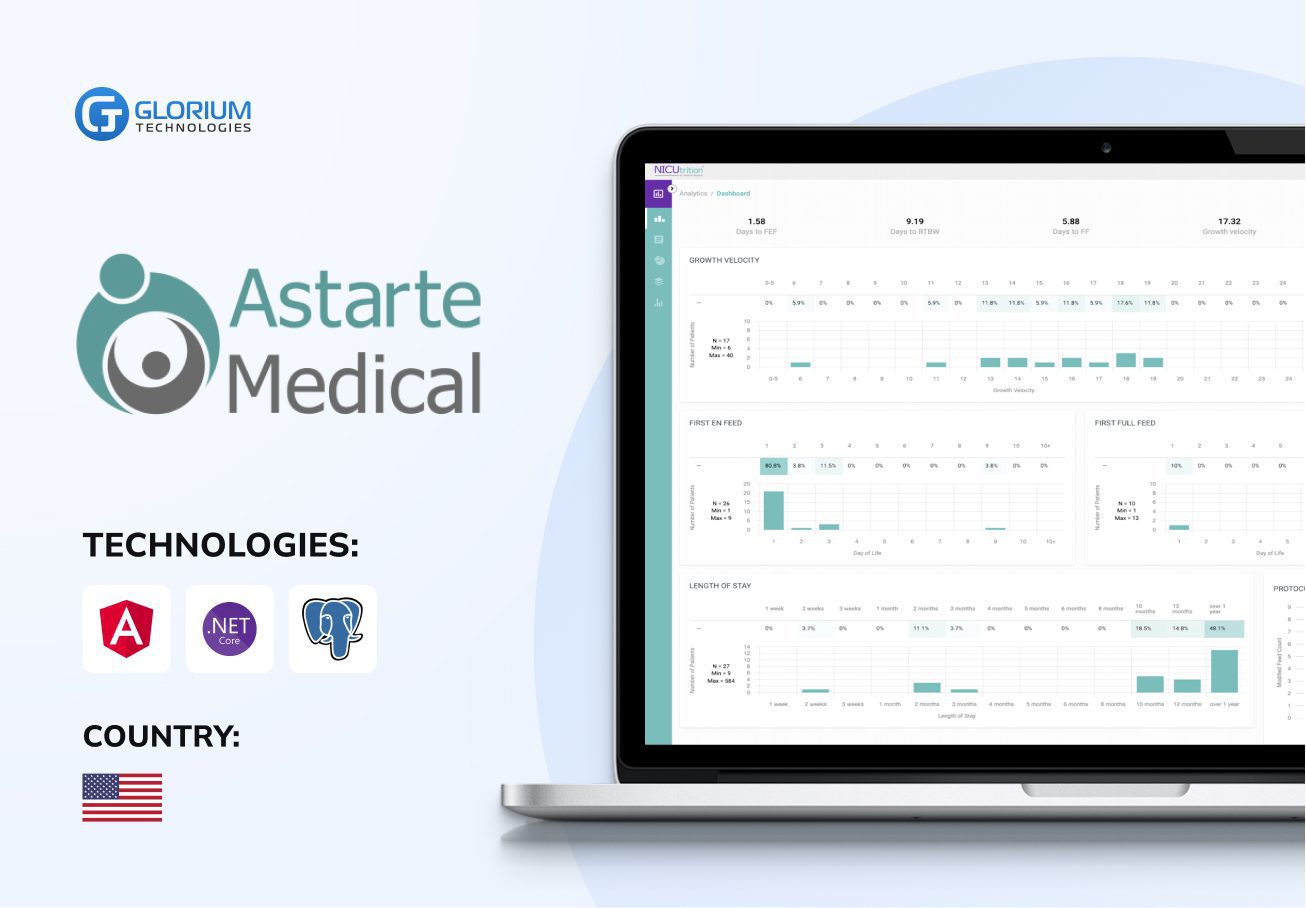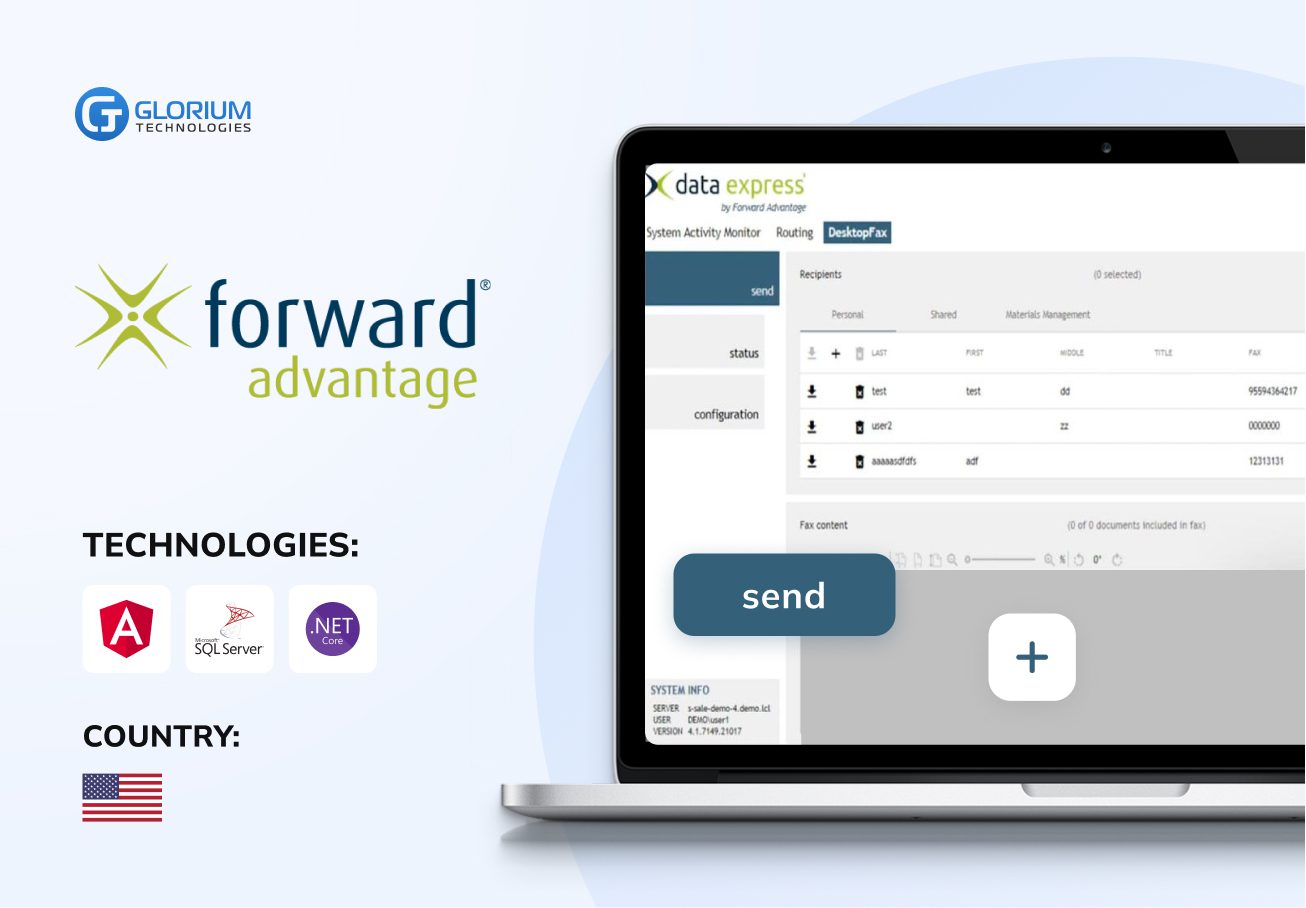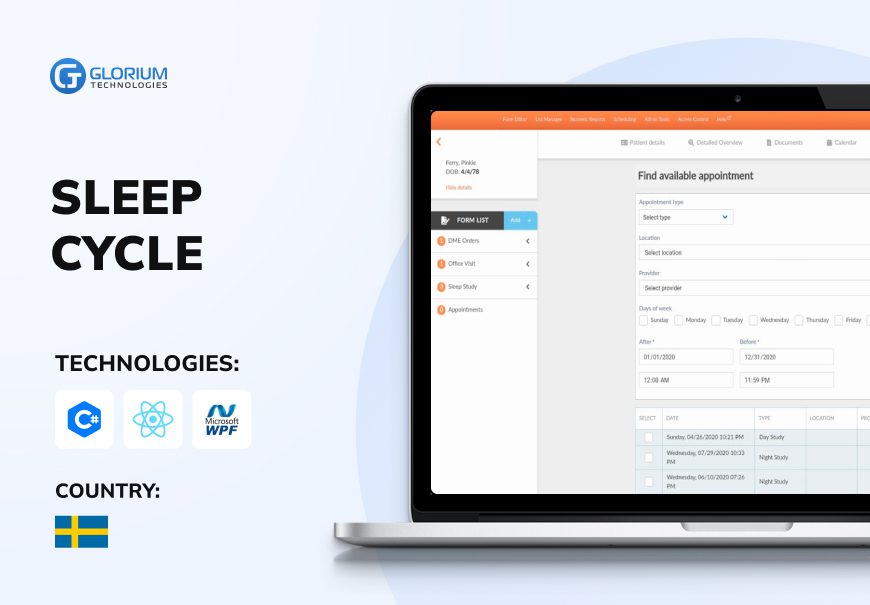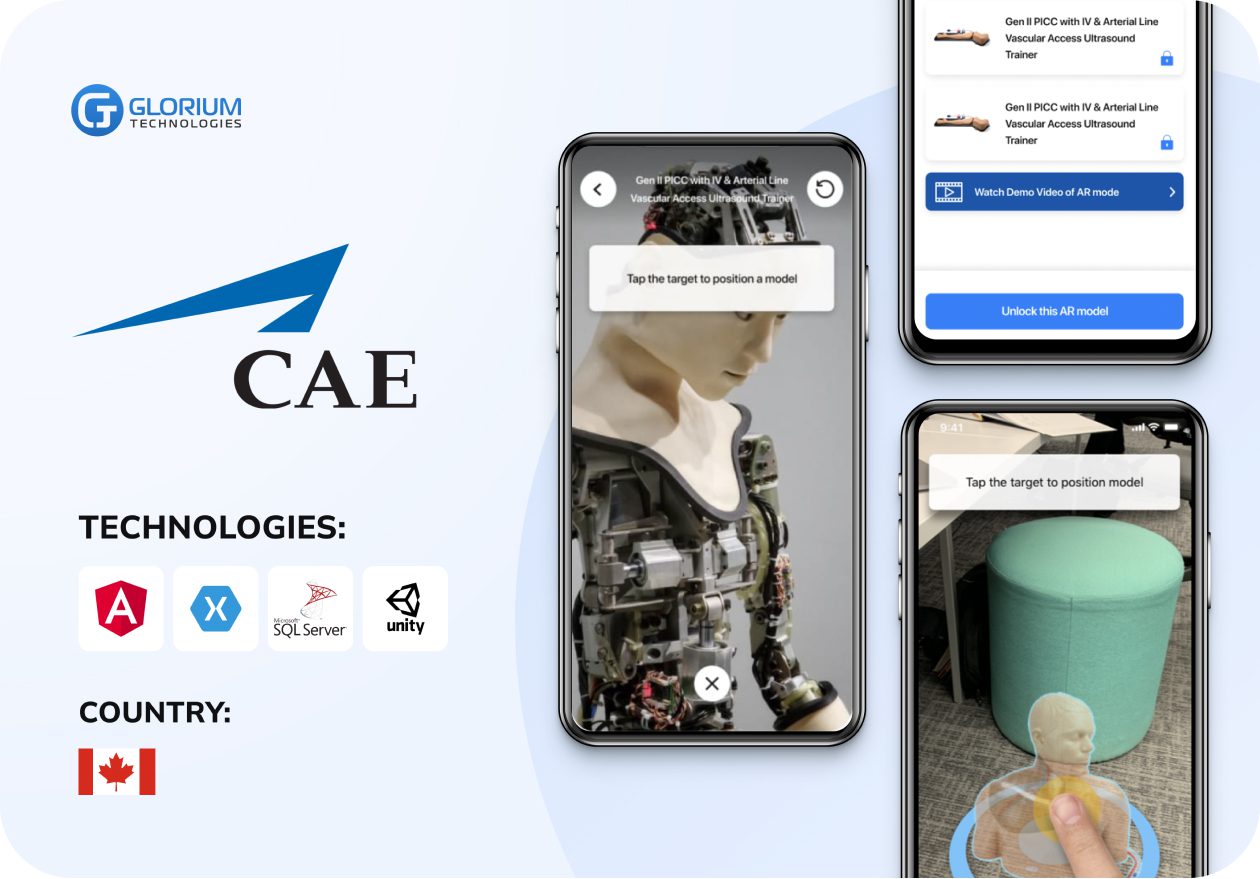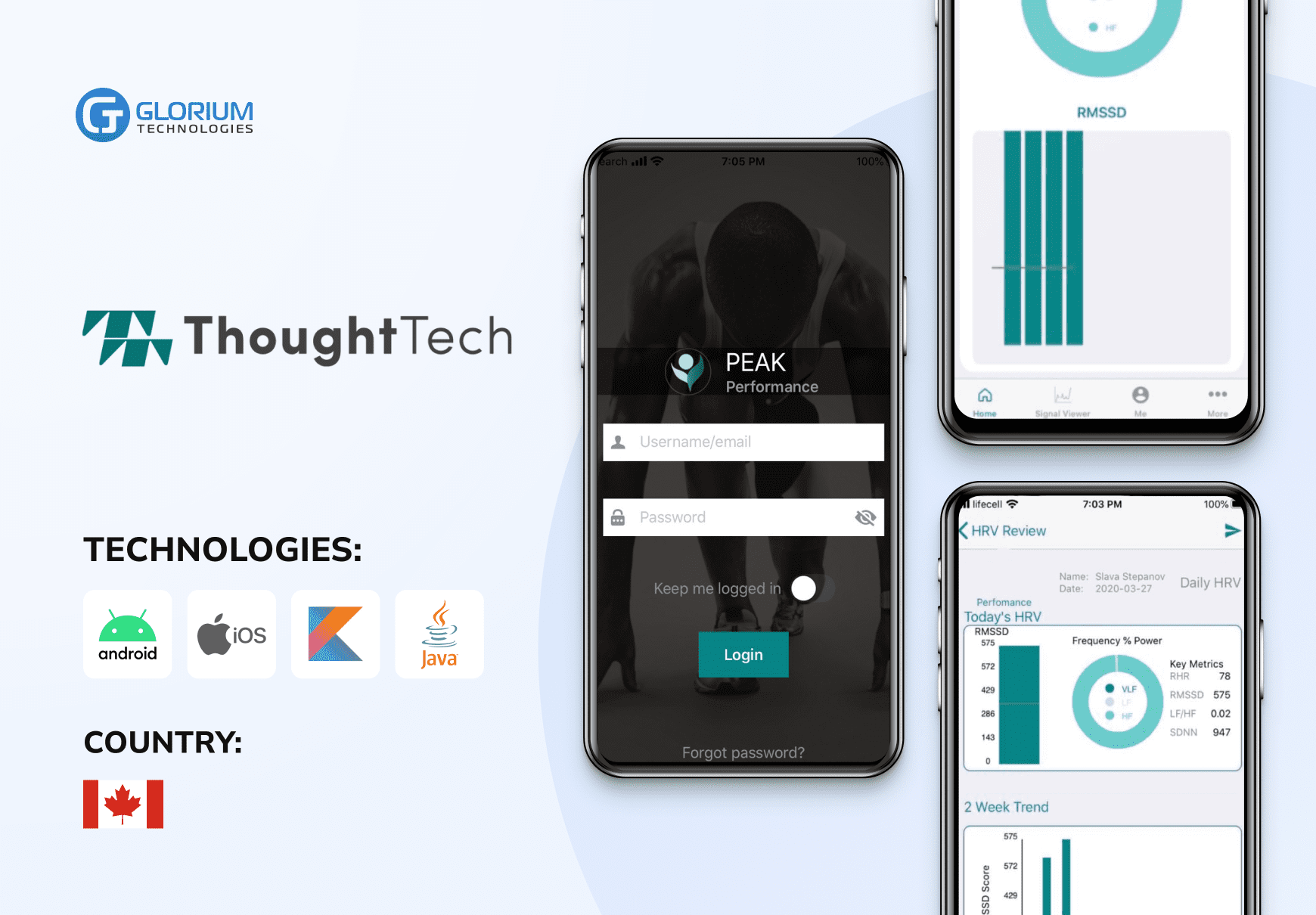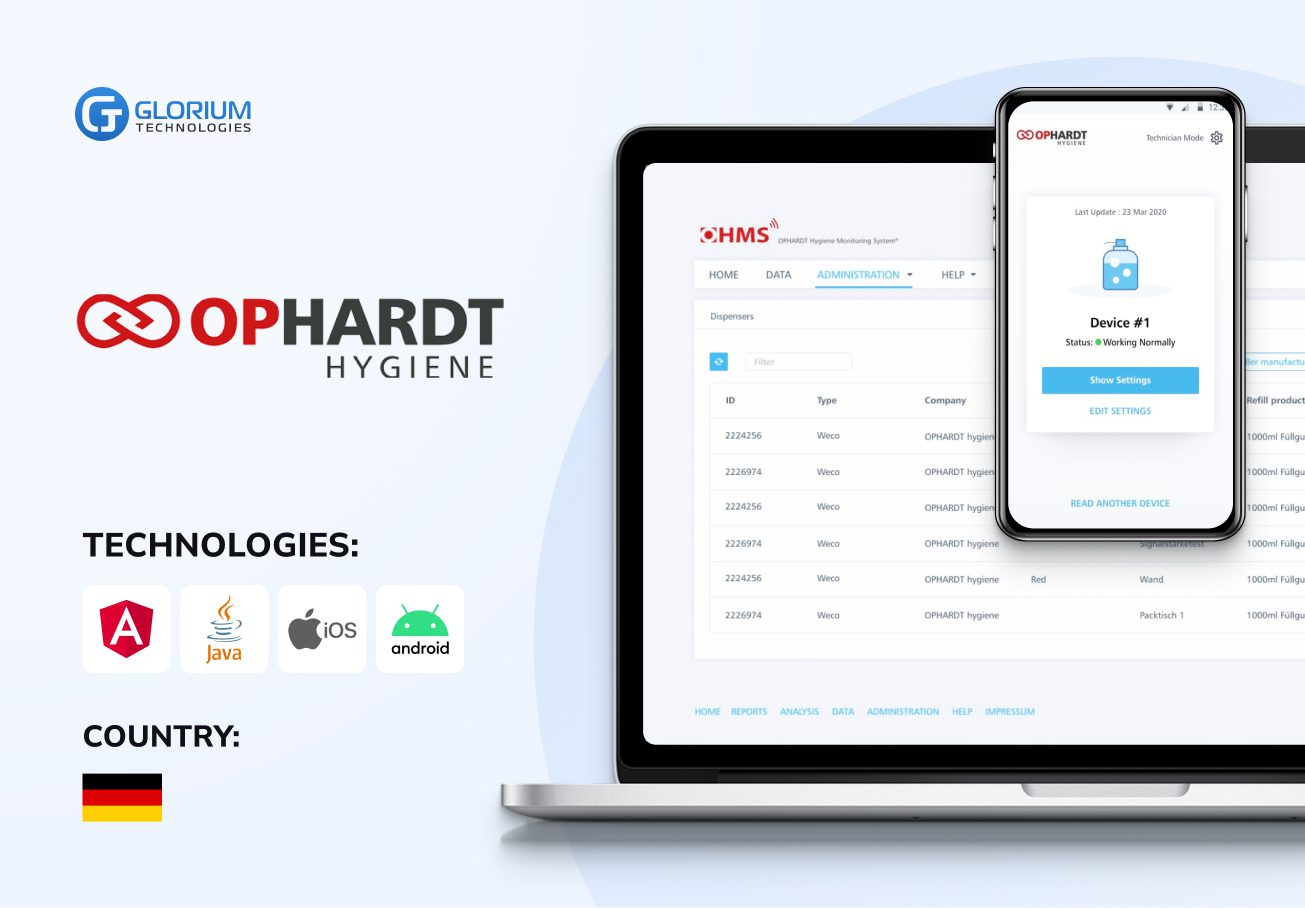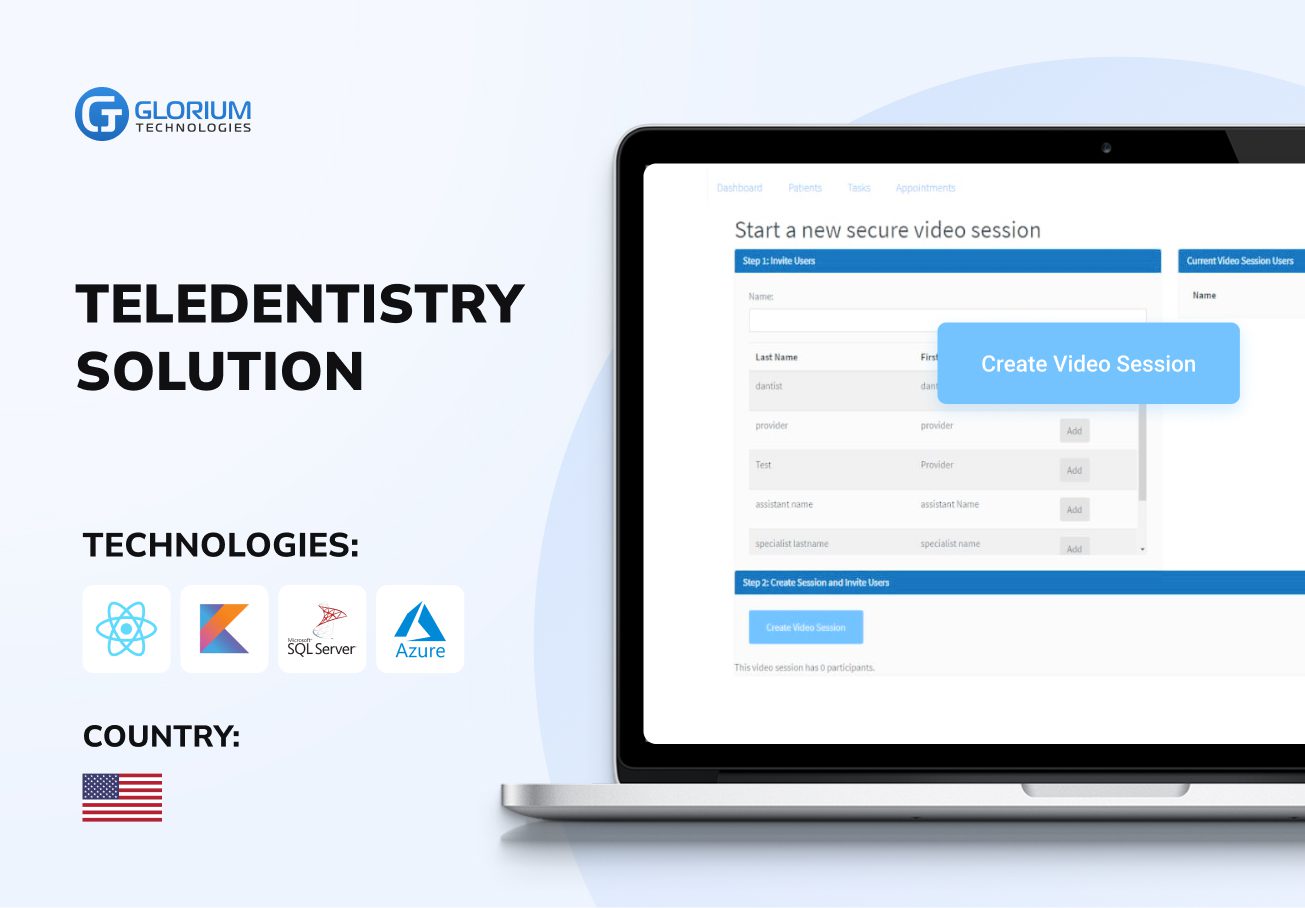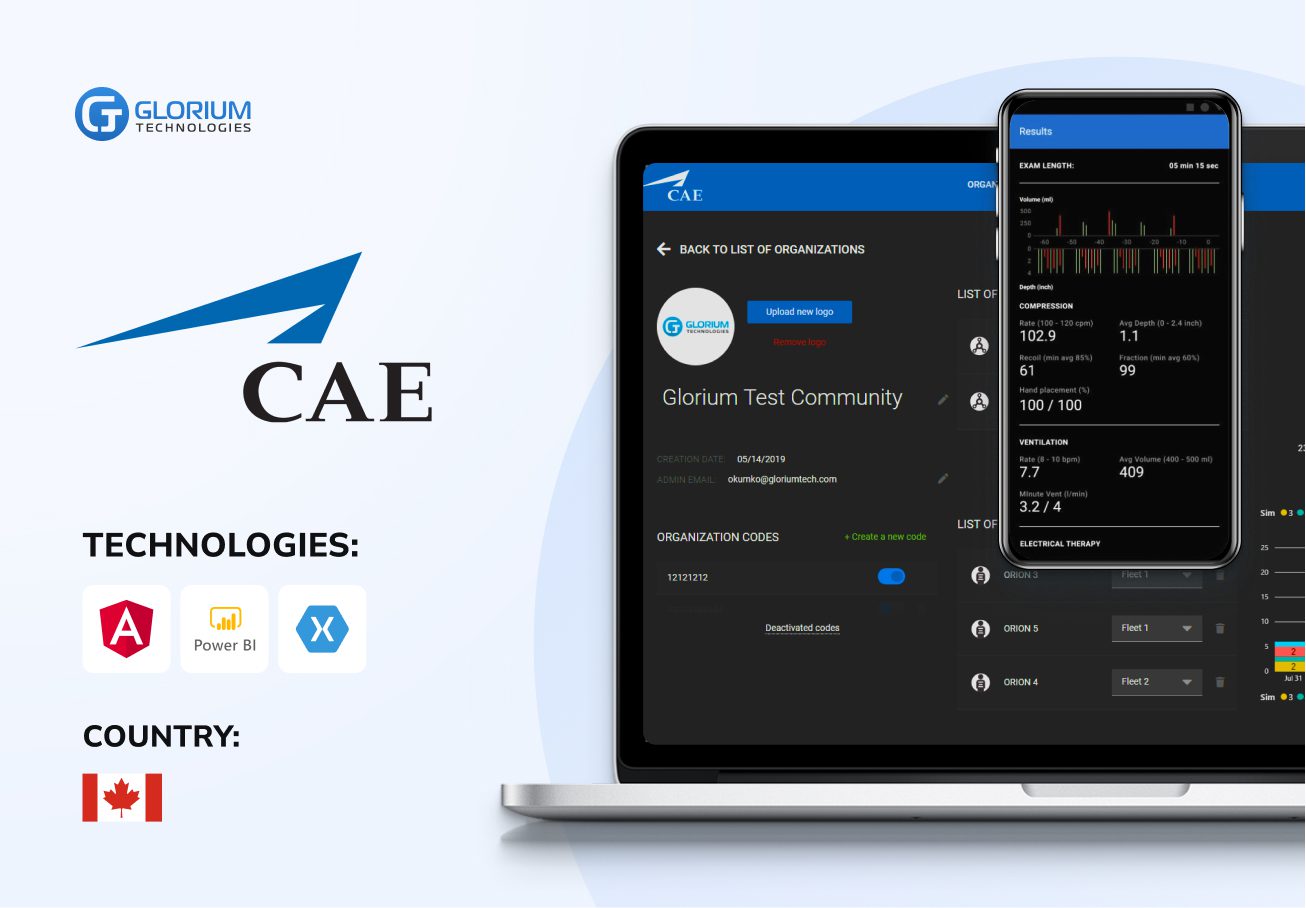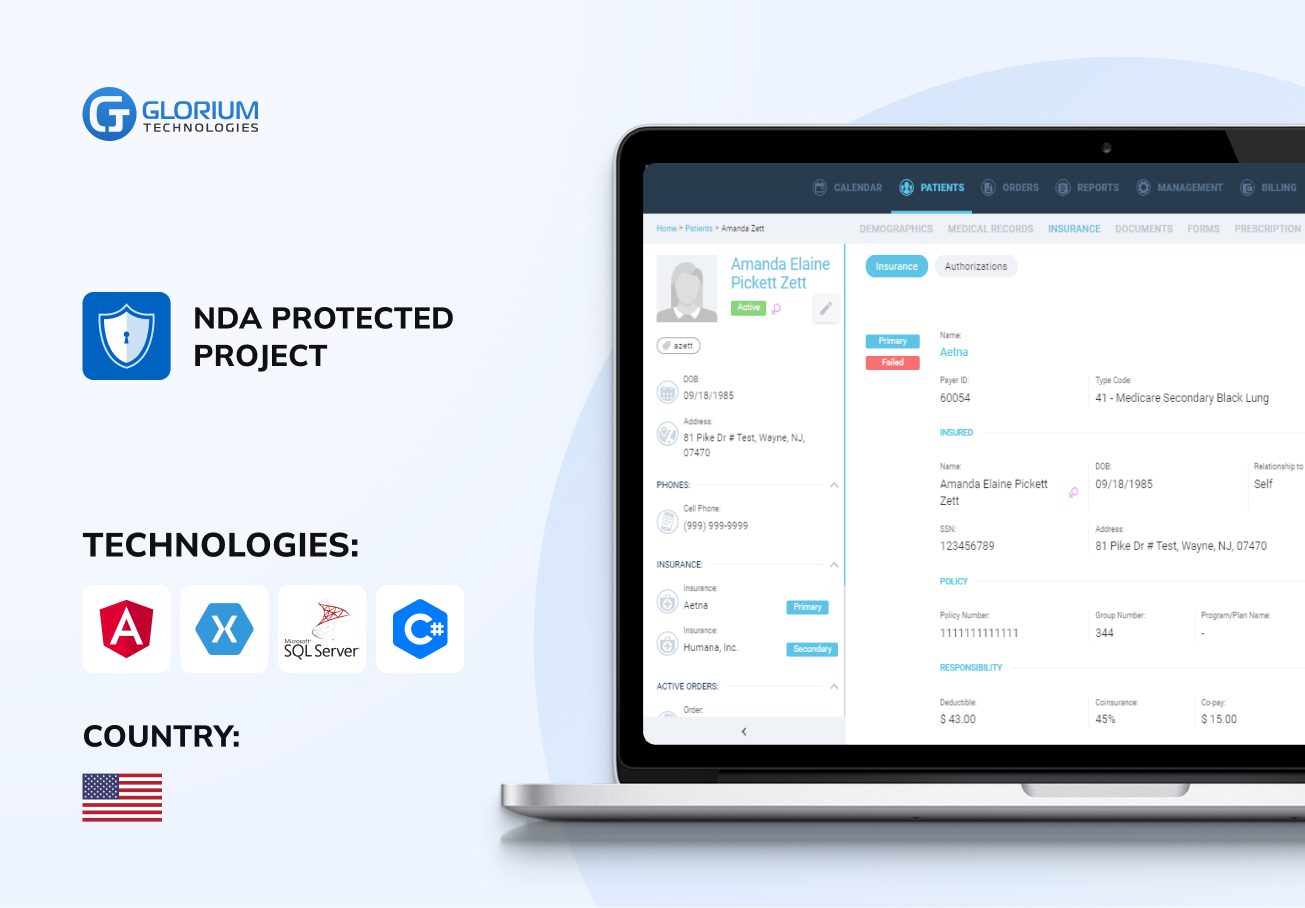Hire Odoo Developers
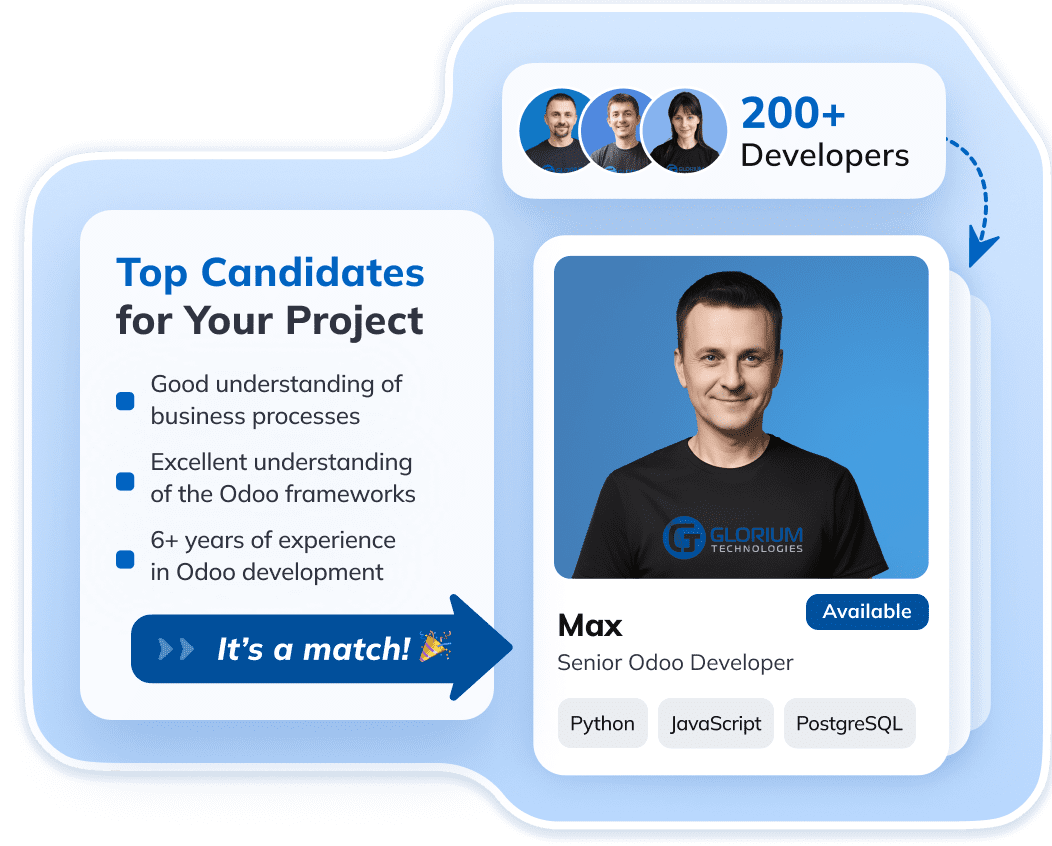

Top Odoo Talent, Just a Few Clicks Away
Bring Top Odoo Developers on Board
Find the Collaboration Model that Works for You
- Bring in skilled professionals
- Fill in skill gaps in your current team
- Get the right help without long-term hiring
- Get a team 100% focused on your Odoo success
- Avoid the expense of hiring a full in-house team
- Work with the same experts from start to finish
- Work with remote Odoo developers of your choice
- Focus on growing your business – we’ll handle the rest
- Upgrade or downgrade your team as required
Find the Right Plan for Your Budget and Goals
- Access to Odoo developers at a predictable rate
- Budget effectively on a reliable schedule
- Get access to on-demand expertise
- Ideal for short-term projects
- Design the plan that fits your needs
- Adjust your plan and collaboration models
Find, Hire, and Onboard – All in One Simple Process
- ESTIMATE COSTS1. BRIEF We get your requirements
- 2. CHOOSE We send you a shortlist
- 3. PLAN We set the cooperation details
- 4. TEST You interview the candidates
- 5. WORK Your developer starts working
What our clients say about us
Our clients journeys
Who we are
About usGlorium Technologies is a full-cycle app & software development company which covers specific client business needs and manage them with the help of the best possible technology solutions.
Since 2010, we have been inventing digital breakthroughs, helping startups and businesses come out on top in their markets.

Why choose us
Let's Connect!
Guide to Odoo ERP Software Development
To make the most of the Odoo platform, you need the help of experienced developers. Glorium Technologies brings 14 years of experience, and we’re excited to share our insights and knowledge with you in this guide. Odoo developers are skilled in optimizing the system for reliable performance, scalability, and security, so you can concentrate on what matters most—driving your business forward.
Guide to Odoo ERP Software Development
Businesses worldwide opt for ERP development and off-the-shelf solutions because this software drives growth and simplifies processes. There’s no doubt a growing company needs an ERP system. Still, there’s a difference between various solutions (custom ERP system, ready-made, etc.).
In this guide, we’ll explore custom ERP development, data management solutions, and how to build an ERP system from scratch.
Benefits of Enterprise Resource Planning Software
Building an ERP software can bring various benefits. There are some critical aspects of ERP software development that should be considered. For example, enterprise resource planning systems can reduce administrative tasks and expenses.
They significantly affect companies’ workflows and are necessary for large enterprises. Walmart, Cadbury, and Hickory Farms’ cases show that a proper choice of an ERP system can contribute significantly to increased performance, business capacity, supply chain management, and ability to meet the requirements of legislation and standards, resulting in business development and prosperity.
Let’s explore some of the specific benefits of custom odoo development services:
- Streamlined operations: ERP systems embed every business process; as a result, firms are able to address every business function within an enterprise resource system. For instance, Walmart advanced the supply chain management and supplier relationships through Microsoft Azure to link their ERP systems, determining a competitive advantage in the retail business context
- Improved decision-making: Integrated real-time data across different departments means better decision-making as well as quick decision-making. For example, Hickory Farms, which from several small systems adopted the necessary number of legacy systems as the basis for an ERP, now has its employees supply their staff with actual inventory data and faster decision-making and forecasting
- Cost savings: A custom ERP system automates tasks, reduces manual work, and improves business processes and cust costs. SAP’s ERP system helped Cadbury enhance its first warehouse operations, and overall operating cost was also cut significantly in its factory.
- Improved collaboration: Integrated work structures enhance interdepartmental communication. For example, LG Electronics received improved international cooperation due to the global implementation of a single integrated ERP system for its HR, reducing inflexibility
- Scalability: Custom ERP systems are scalable, meaning that as your business expands, you can add more users and features. For instance, Fulton & Roark adopted the ERP software, through which the management increased annual revenues by 50% so the company did not have to recruit extra employees
- Regulatory compliance: Almost every modern ERP system contains features that can assist companies in meeting all regulatory requirements. For instance, Zircoa, a metal fabrication firm, has adopted ERP to address some complicated global demands that would make it possible to meet the relevant compliance while improving the business processes
As you can see, ERP software development has many benefits. If you are already set on developing enterprise resource planning software, your next step is to decide whether to go with custom ERP solutions or off-the-shelf ERP software. That`s why you need quilified Odoo development team.
While developing a custom ERP solution might seem pricy at first, the benefits outweigh the initial costs, and time and money saved in the future compensate for your initial spending. More on that below.
What to Choose: Custom or Off-the-Shelf ERP System?
As an ERP software development company, we believe the best fit is custom-made. This is true for other industries and products, and it is also true for odoo ERP solutions. Custom solutions usually offer greater scalability and flexibility, giving business owners a chance to include their desired features in software.
However, some might prefer an off-the-shelf ERP system over custom ERP software development. So what’s the difference? Which one’s better? Which is the most suitable option for you?
We prepared this table to help you understand the difference between custom ERP software development and ready-made solution integration:
Feature | Custom Odoo ERP | Off-the-Shelf Odoo ERP |
Personalization | Custom ERP software development fits your business’s specific requirements. Such personalization is handy when a company has unique business processes and workflows. | Off-the-shelf ERP systems have standardized features to meet common industry needs but are less flexible for specific requirements. |
Implementation Time | Longer implementation time due to the development and customization process. | Quicker implementation since the system is pre-built and ready to deploy. |
Cost | Custom ERP software development has a higher initial cost since it includes development, customization, and potential ongoing modifications. | Off-the-shelf ERP system has a lower initial cost as it’s ready-made but may require ongoing licensing fees. |
Scalability | You can easily scale and update your custom ERP software as your business grows or changes. | Scalability may be limited in this case, depending on the software provider and available modules. |
Maintenance & Updates | Custom ERP software requires dedicated maintenance (in-house or outsourced) | Some off-the-shelf ERP software vendors provide updates, but they can’t be customized |
Integration | Can be fully integrated with existing systems and third-party applications | Limited integration options. May require additional costs or customization for specific integrations. |
User Experience | Designed to match your team’s exact needs, providing a more intuitive and efficient experience. | Generalized user interface that may require additional training and adjustments for specific tasks. |
Support | Typically comes with support from the development team and ERP developers | Generalized support options by the vendor. |
Compliance & Security | Custom ERP software development includes industry-specific regulations and security requirements. | Ready-made ERP software has only standard compliance and usually can’t be customized to meet industry regulations |
Adaptability | Highly adaptable to future business changes, including new processes or expansion. | Adaptability depends on available modules and future updates provided by the vendor. Not always guaranteed |
To sum it all up, custom ERP software development provides more flexibility and scalability, which is essential for business growth. Team of odoo developers can provide you with advanced features that can rarely be found in off-the-shelf solutions.
Off-the-shelf ERP development is more accessible and has faster adoption time (since no coding or designing is involved). However, it can rarely be customized to meet your business needs and will pose trouble when the company shows progress and growth.
Step-by-Step Guide to Odoo Development
Enterprise resource planning system development requires specific knowledge and expertise that ERP development companies have. In this section of the guide, we’ll explore a step-by-step process for ERP software development.
Identify your business’ requirements and needs
ERP development is initially a systematic evaluation and analysis of the requirements that your business might require. This includes identifying today’s workflow, problem areas, and major activities that require optimization. The first approach involves assembling data from various departments such as finance, human resources, supply chain, and information technology. The aim is to figure out which processes will gain from automation, enhanced data flow, and optimized reporting. For example, new odoo modules have website development and mobile app.
Once the requirements are clear, you must decide between the essential tasks, the key goals, and the ‘nice to have’ tasks. This step is critical because it helps define the functionality that you need to address your biggest pain points in areas such as inventory control or financial processing. Sound requirements will provide the blueprint for the ERP development process or odoo integration, and the resulting system will be designed to meet your business needs.
Choose the right development approach
After drafting your needs, determine a unique solution that may be customized to meet your needs or a pre-developed solution. If the specific requirements of your business are not met by standard ERP software, a custom ERP solution is the most suitable. On the other hand, if your business is like most other businesses in your industry, you may get off-the-shelf solutions that will take less time and cost to implement.
Choosing the right approach depends on the amount of budget available, time, and the degree of scalability desirable in the future.
Design and plan user-friendly system architecture
The subsequent development process is architectural design. This includes the specification of how various ERP sub-systems are interconnected: database, interface, modules, etc. Focus on drawing the main processes that the system is to address (ordering, reporting, stocking, etc.).
At this stage, you’ll also decide how your ERP software will interact with other applications like CRM or a third-party application. You should factor in these decisions for scalability. Remember that a good architectural design means that your ERP solutions are scalable and can be easily modified as your business grows.
Start ERP development and customization
Once the architecture is in place, you can start the ERP development process. If you opt for a custom ERP development, developers will start writing the code, configuring databases, and crafting the interface. You may also start including designers at this stage of ERP implementation. Here additional project management can be provided by Glorium Technologies.
If you prefer an off-the-shelf ERP implementation, you may have to make some alterations to fit the ERP to the way the business is being run. This may involve modifying modules, creating dashboards, or authorizing users. Appropriate tailoring implies that ERP realizations cater to the needs of the business without complicating the system or straying from its purpose.
Test your ERP solutions
Testing is an essential step when developing various software, especially for ERP solutions. Once your system is built, your QA engineers can start testing, draft real-life scenarios, and perform both manual and automated testing.
Apart from the technical testing, engage the system users in the testing process. This will make it easier to make the system as user-friendly as possible. The employee needs to test the system because UAT plays a vital role in ensuring it is user-friendly and meets the employees’ expectations.
Start user training
The introduction of a new ERP system alters the way employees conduct their operations. The key is to incorporate comprehensive training sessions that show how the new system, in this case, the ERP system, will be used. On the basis of this, it is possible to organize the training in a way that will make every user familiar with the functions that are used in their working department.
Launch your ERP software
At this stage, you should already have fully functional ERP software. Once you have tested it, engaged real users in the process, and trained employees to adjust to new solutions, it’s ready for deployment.
We recommend closely monitoring the system’s performance during this stage. This is when real-life challenges and issues will occur, and you’ll need to take care of them. ERP implementation professionals and ERP developers usually provide post-launch support and maintenance services.
Ensure your ERP software has ongoing maintenance and technical support
Like any other software, ERP systems need to be updated frequently in order to maintain good performance and security. Formulate a maintenance schedule where the product is checked for performance, security is updated and more features introduced. If you are in the category of the custom developed ERP, it might require the odoo team to do these updates whereas in off the shelf ERP system you will receive these updates from the vendor.
How to Choose a Reliable Odoo Partner?
If you decide to hire developers or odoo implementation, you must choose a reliable vendor and go through an evaluation process:
- Research various odoo software development services
- Make sure the vendors you choose have industry-specific knowledge and offer industry-specific regulations compliance
- See if your potential vendors offer customization options
- Read their client testimonials and references to check their performance and reliability
- Ask if they offer post-deployment support and maintenance
- Make sure their previous software development projects are scalable and flexible
- Explore their certifications and awards for compliance and security
- Make sure they have transparent pricing options and offer flexible collaboration model (like dedicated odoo developers).
- When you choose outstaff version, check if you have complete control upon the odoo specialists.
- Check if the vendor provides project managers as dedicated specialists.
How Can Glorium Technologies Help?
Glorium Technologies has been developing сustom ERM software for 14+ years, helping enterprises improve business processes, lower costs, and improve decision-making. Wecan provide skilled odoo developers with proven track record and technical expertise in different odoo modules. Our team of odoo specialist has diverse pool of industry experts and certified odoo consultants.
We offer flexible collaboration methods and transparent pricing. You can schedule a free consultation with our experts if you have questions or want to talk to us.
More From Glorium Technologies
Insights From an Outstaffing Company
How soon can I hire an Odoo developer?
It depends on your needs and project requirements, but typically, we offer a quick 2-day matching process. During this period we will identify suitable developers for your project, reviewing and evaluating candidates, and discussing collaboration options. As a result we provide pre-vetted developers with high expertise in your industry.
What qualifications do your Odoo developers hold?
Our Odoo developers have a variety of certifications and bring a deep understanding of Odoo modules, including areas like Sales, Inventory, and Accounting.
Is it possible to hire an Odoo developer just for a particular project?
Absolutely. We provide flexible engagement options, allowing you to bring our developers on board for single projects as needed.
Will I receive support after hiring an Odoo developer?
Yes, we provide continuous support, covering account management, performance tracking, regular reviews, and HR assistance. If you’re not satisfied with the developer, we can promptly suggest an alternative.







